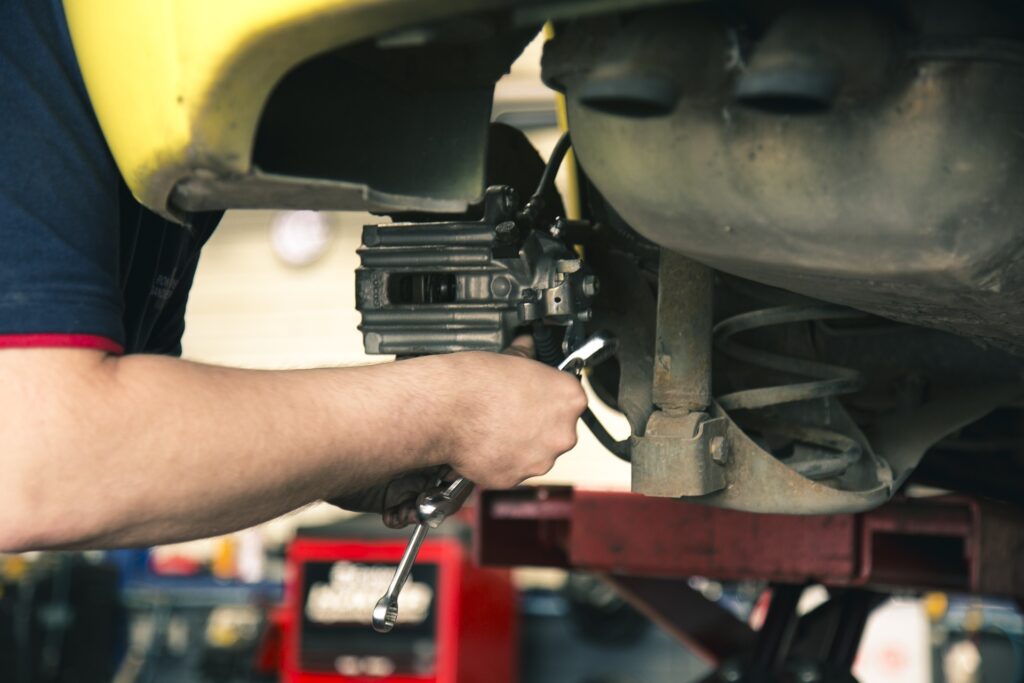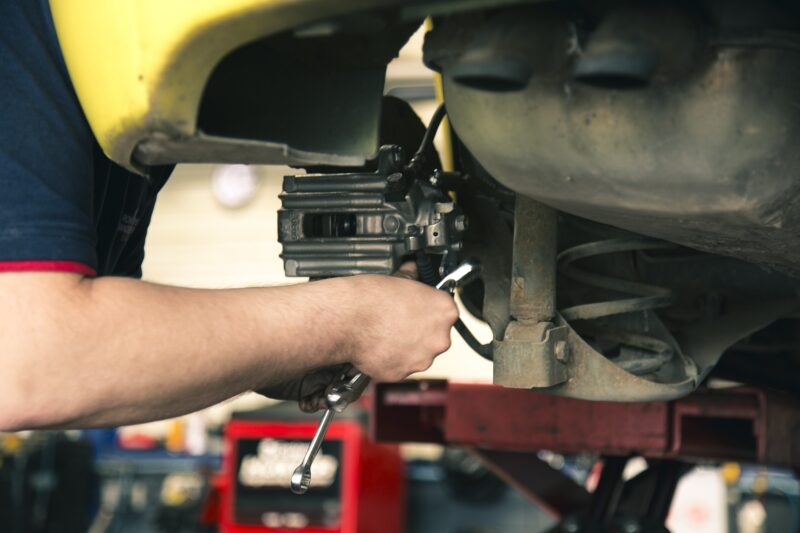Aside from buying a home and paying for education, you may not spend more money on anything other than a car. This financial commitment has long-term implications. The last thing you want to do is invest in a vehicle, only to see it fall short of your expectations. When a car falters, you can’t always blame it on poor craftsmanship or other factors. Often, when a car’s performance suffers, it is because the owner failed to care for it properly.
You want to get the most out of your car. You hope that it can last for years to come and meet your daily driving needs. You can achieve these goals by following some key steps and paying close attention to your vehicle’s requirements.

Take Care of Maintenance and Upkeep
For anything you own that you want to look nice and work well, you need to commit to constant care. This is true for appliances, furniture, your lawn, and even your clothes. The life span of your vehicle also depends on your diligent attention. If you neglect basic maintenance, your car is likely to encounter mechanical problems and eventually stop running altogether.
Changing the oil regularly is one of the most important and simple steps you can take. This should happen about every 3,000 to 5,000 miles. Changing the oil consistently helps the engine run more efficiently. It prevents the buildup of sludge and cools down the engine components. Your car’s engine will last longer if you keep up on oil changes. Plus, this will improve the gas mileage, as the engine will not have to work as hard and eat up as much fuel.
When you change the oil, it’s also a good idea to replace the air filter. This will improve how well your car accelerates and helps with the fuel economy. A new filter will also extend the engine’s life.
A host of other tune-ups are necessary for your car’s well-being. Other items to be aware of include transmission flushes and inspections of the spark plugs, serpentine belt, timing belt, and power steering fluid. Your vehicle’s owner’s manual will guide you in knowing at what mileage intervals these services should occur.
Keep Your Vehicle Clean
It may sound too simple, but frequently washing and vacuuming your car can help it last longer, not only look nicer. Plan on washing your car once a week, especially if you live in an area with a harsh climate such as heavy rain and snow. Washing your car will help prevent corrosion and rust to the body.
You should also vacuum the interior of your car weekly. Not only does this improve the appearance, but it can keep out foul odors and prevent the appearance of mold or mildew.
Keep an Eye on the Mileage
You purchased your vehicle for the purpose of driving it, not for it to sit in your garage. You need a dependable car for daily commuting, running errands, and driving to a variety of destinations, both for work and pleasure. But this doesn’t mean you can’t be cautious about how much you are driving. A good way to increase the life span of your vehicle is to drive less.
There are some helpful tips you can follow to reduce the mileage you put on the car. For example, combine multiple trips in one instead of going back and forth to your home throughout the day. Instead of driving to and from work every day, carpool with a neighbor or friend. Or you can try public transportation. Get some exercise and walk to short destinations instead of driving. The less you drive, the less wear and tear you will put on your car. Over time, every little bit will help.
Tires Have a Lot to Do With the Life Span of Your Vehicle

One thing you expect to do with car maintenance is to replace your tires. Driving on bald tires is bad for the car and can lead to serious safety risks. Keeping tires properly inflated can improve gas mileage and traction, and it will lessen the chances of getting a flat while you’re on the road. Also, make sure to rotate the car’s tires about every 6,000 miles. Doing this will prevent uneven wear.
You should also regularly align and balance the tires. This can extend the life of your car and minimize the chances of more serious issues arising in the future.
From the moment you buy a car, you should be thinking about the life span of your vehicle. You invest a lot of money and effort into this purchase, so you want to get the most out of it. Cars will start to sputter and falter because of age and use, but they can last much longer if you pay attention to these tips.




